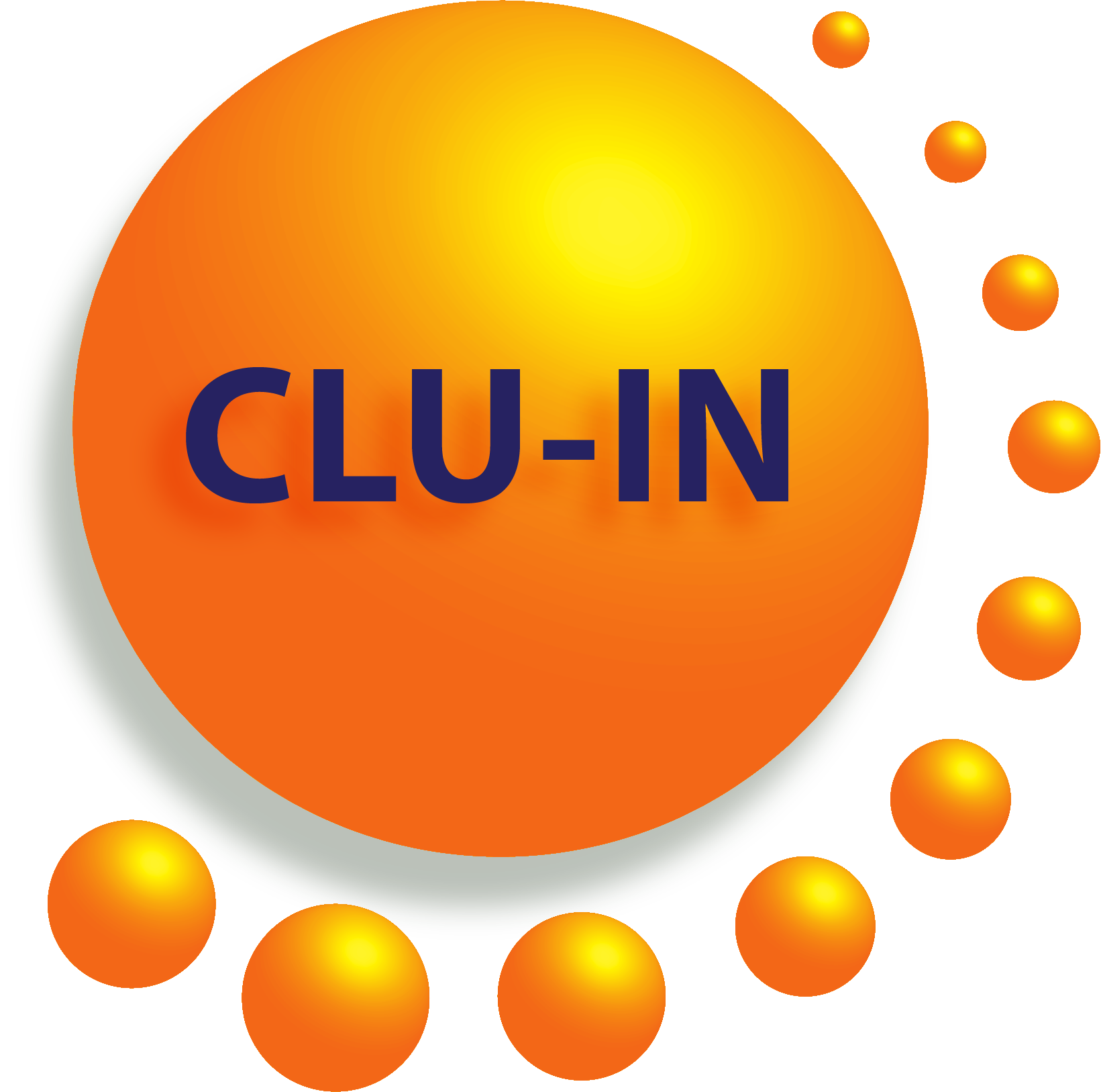Strategies & Initiatives
Technical and Technology Support Services
Brownfields Technical Assistance
EPA provides several types of free technical assistance to support local efforts to address Brownfield sites. Available support activities include those conducted by the Technical Assistance to Brownfields (TAB) Program located at the five regional Hazardous Substance Research Centers. Direct support is available to EPA regional staff, state staff, and local governments.
Triad Support
The Triad approach to decision-making for hazardous waste sites offers a technically defensible methodology for managing decision uncertainty that leverages innovative characterization tools and strategies. The Triad refers to three primary components, systematic planning, dynamic work strategies, and real-time measurement systems. EPA provides stakeholders with support services for Triad projects including: Systematic planning, reviewing and providing comments on project documents, such as requests for proposals, work plans, field sampling plans, quality assurance plans, and conceptual site models; Facilitating the consideration and use of the Triad approach; Providing information about field-based technologies, appropriate sample design, and data management strategies for site assessment and cleanup; Identifying how dynamic work strategies and decision support tools can be incorporated in site assessment activities; as well as evaluating remedial technologies and their advantages and limitations for site-specific features and needs.
For more information at the following types of sites, please contact:
For more information at the following types of sites, please contact:
- Nate Barlet, 202-566-0926, barlet.nathan@epa.gov
- RCRA/UST: Michael Adam, 202-566-0875, adam.michael@epa.gov
Remediation Optimization
Remediation optimization uses defined approaches to improve the effectiveness and efficiency with which an environmental remedy reaches its stated goals. TIFSD has provided optimization support including third-party site-wide optimization evaluations conducted by expert teams, the use of mathematical tools to determine optimal operating parameters or monitoring networks and the consideration of emerging technologies.
Superfund Sediment Resource Center
The Superfund Sediment Resource Center (SSRC) is designed to assist EPA staff on technical issues related to the cleanup of contaminated sediment sites. The Center focuses on providing timely and helpful input on site-specific issues for topics related to sediment site characterization such as data collection and evaluation; sediment stability; modeling (e.g., hydrodynamic, contaminant fate and transport, and food chain); ecological and human health risks; and the efficacy of remedies such as capping, dredging, monitored natural recovery (MNR), and treatment technologies.
For more information, please contact Matt Lambert, 202-566-1385, lambert.matthew@epa.gov.
For more information, please contact Matt Lambert, 202-566-1385, lambert.matthew@epa.gov.
U.S. EPA Environmental Response Team Center
The Environmental Response Team (ERT) offers an array of products to assist other environmental practitioners both in the field and in the office. They offer immediate download of items such as software packages, guidance related to a wide variety of environmental sampling procedures, analytical and quality assurance Standard Operating Procedures (SOPs), fact sheets, and bulletins.
For more information, please contact Marc Greenburg, Environmental Response Team, (732) 321-6740, Greenberg.Marc@epa.gov.
For more information, please contact Marc Greenburg, Environmental Response Team, (732) 321-6740, Greenberg.Marc@epa.gov.
U.S. EPA Technical Support Project
Provides technical assistance to Regional Remedial Project Managers, Corrective Action Staff, and On-Scene Coordinators. The Project consists of a network of Regional Forums and specialized Technical Support Centers located in ORD and the Office of Radiation Programs (ORP) laboratories, and OLEM's Environmental Response Team.
For more information, please contact Luci Dunnington, 202-566-0925, dunnington.lucila@epa.gov.
For more information, please contact Luci Dunnington, 202-566-0925, dunnington.lucila@epa.gov.

